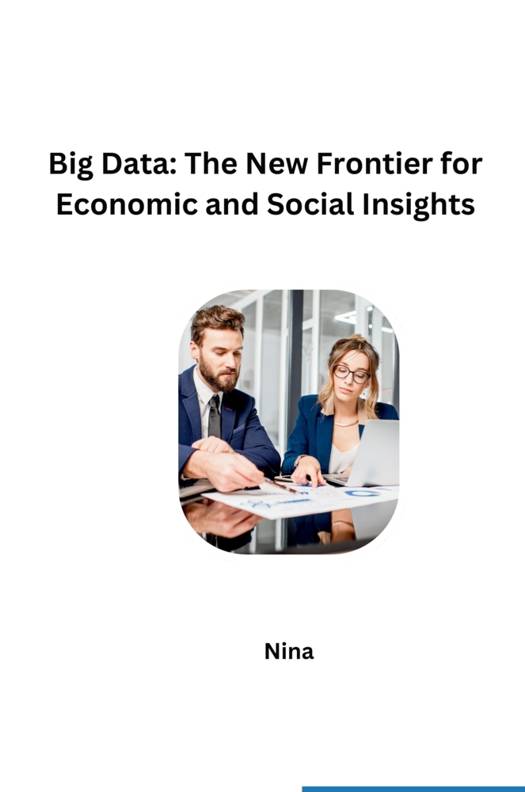
- Afhalen na 1 uur in een winkel met voorraad
- Gratis thuislevering in België vanaf € 30
- Ruim aanbod met 7 miljoen producten
- Afhalen na 1 uur in een winkel met voorraad
- Gratis thuislevering in België vanaf € 30
- Ruim aanbod met 7 miljoen producten
Zoeken
€ 26,95
+ 53 punten
Omschrijving
The age of big data is transforming how we perceive economies. Unlike traditional, lagging indicators, big data offers a real-time pulse. From search engine trends to social media buzz and online transactions, this digital exhaust paints a detailed picture of consumer behavior, industry shifts, and regional variations. Economists can now: - Forecast with greater accuracy: By analyzing vast datasets, economists can identify early warning signs of economic booms or busts. - Target policy effectively: Real-time insights allow policymakers to tailor interventions to specific economic needs. - Uncover hidden patterns: Big data allows for the analysis of complex relationships, revealing previously unseen economic forces. However, big data isn't a silver bullet. Data privacy concerns and the need for sophisticated analytical tools remain hurdles. Yet, by harnessing its power, we can build a more responsive and data-driven economic future.
Specificaties
Betrokkenen
- Auteur(s):
- Uitgeverij:
Inhoud
- Aantal bladzijden:
- 156
- Taal:
- Engels
Eigenschappen
- Productcode (EAN):
- 9783384228604
- Verschijningsdatum:
- 15/05/2024
- Uitvoering:
- Paperback
- Formaat:
- Trade paperback (VS)
- Afmetingen:
- 152 mm x 229 mm
- Gewicht:
- 235 g

Alleen bij Standaard Boekhandel
+ 53 punten op je klantenkaart van Standaard Boekhandel
Beoordelingen
We publiceren alleen reviews die voldoen aan de voorwaarden voor reviews. Bekijk onze voorwaarden voor reviews.











